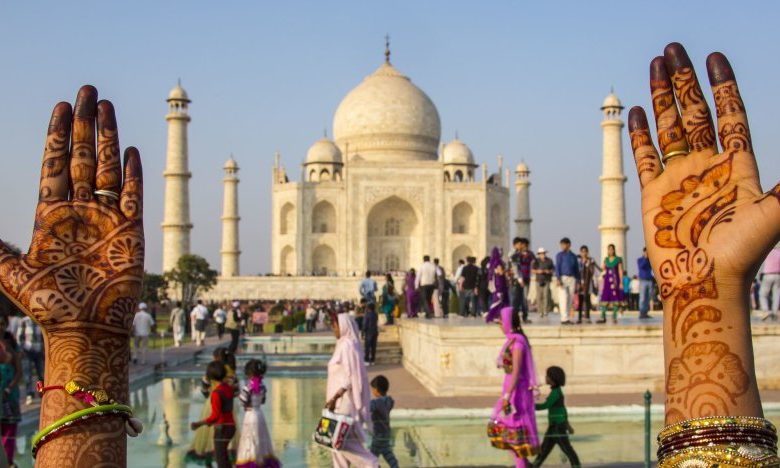Names of India

Etymology
Main article: Names of India
According to the Oxford English Dictionary (third edition 2009), the name “India” is derived from the Classical Latin India, a reference to South Asia and an uncertain region to its east; and in turn derived successively from: Hellenistic Greek India ( Ἰν
δία); ancient Greek Indos ( Ἰνδός); Old Persian Hindush, an eastern province of the Achaemenid empire; and ultimately its cognate, the Sanskrit Sindhu, or “river,” specifically the Indus river and, by implication, its well-settled southern basin.[61][62] The ancient Greeks referred to the Indians as Indoi (Ἰνδοί), which translates as “The people of the Indus”.[63]
The term Bharat (Bhārat; pronounced [ˈbʱaːɾət] (About this soundlisten)), mentioned in both Indian epic poetry and the Constitution of India,[64][65] is used in its variations by many Indian languages. A modern rendering of the historical name Bharatavarsha, which applied originally to a region of the Gangetic Valley,[66][67] Bharat gained increased currency from the mid-19th century as a native name for India.[64][68]
Hindustan ([ɦɪndʊˈstaːn] (About this soundlisten)) is a Middle Persian name for India, introduced during the Mughal Empire and used widely since. Its meaning has varied, referring to a region encompassing present-day northern India and Pakistan or to India in its near entirety.[64][68][69]
